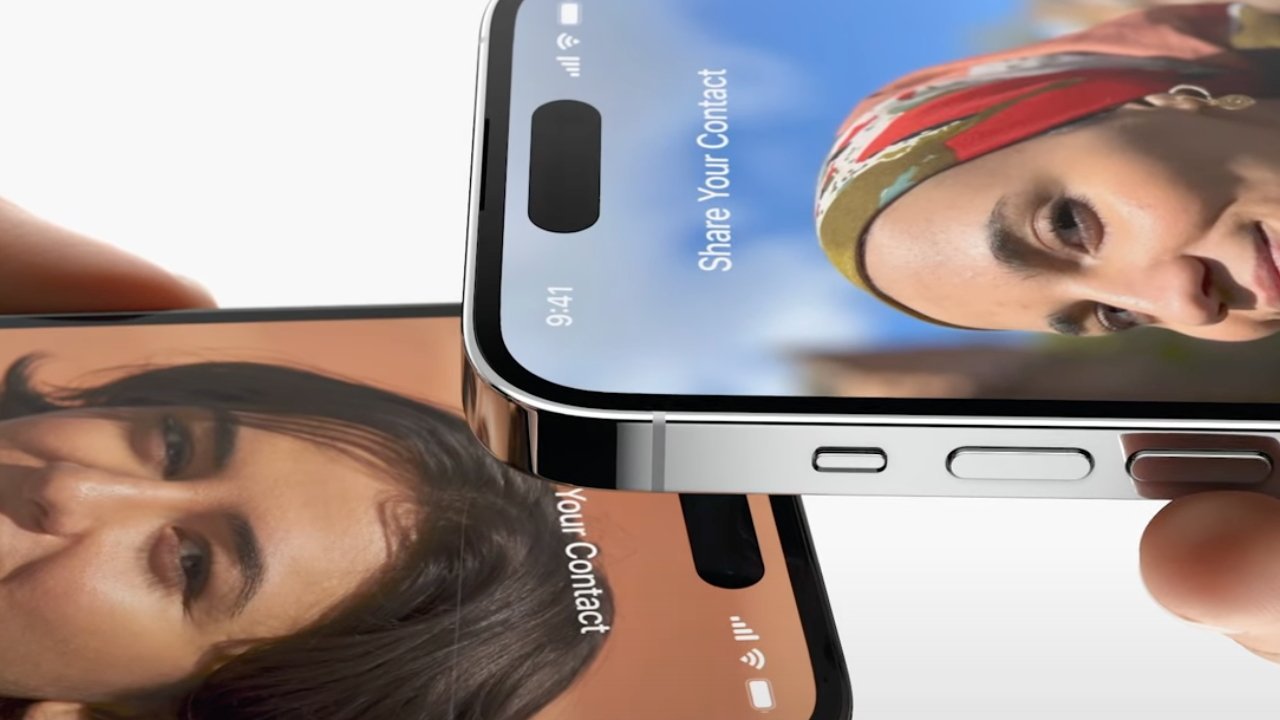Apple’s latest iOS 17 update brought a slew of exciting features, but one in particular has raised concerns among parents and law enforcement officials: NameDrop. This new feature automatically shares contact information when two iPhones are brought close together, head-to-head. While intended to simplify contact sharing, the default “on” setting has sparked warnings about potential risks, especially for children.
Key Highlights:
- Apple’s iOS 17 update introduced a new feature called NameDrop, which automatically shares contact information when two iPhones are brought close together.
- While convenient, NameDrop poses potential safety risks, especially for children, as it allows strangers to easily access their contact details.
- Police departments across the US are urging parents to disable the feature on their children’s devices and educate them about the importance of online safety.

How NameDrop Works:
NameDrop leverages the iPhone’s built-in NFC chip to facilitate contact exchange. When two iPhones are brought close together, they can automatically share contact information without the need for manual entry or Bluetooth pairing. The feature can be convenient for exchanging contact details with friends and colleagues, but its ease of use also raises concerns about potential misuse.
Safety Concerns for Children:
Police departments across the US have expressed concerns about NameDrop‘s potential to put children at risk. As children may be more trusting and less aware of online safety threats, they could be easily persuaded by strangers to activate the feature, unknowingly sharing their contact information. This could potentially expose them to harassment, stalking, or even worse.
Experts Recommend Disabling NameDrop for Children:
Cybersecurity experts and law enforcement officials strongly advise parents to disable NameDrop on their children’s iPhones. This can be done by navigating to Settings > General > AirDrop > Bringing Devices Together and toggling the switch to “Off.” Additionally, parents are urged to educate their children about the importance of online privacy and to be cautious when sharing their contact information with strangers.
Apple’s Response:
Apple has acknowledged the concerns surrounding NameDrop and has stated that the feature can be canceled at any time by swiping up from the bottom of the display, locking the device, or moving the device away. However, the default “on” setting remains a point of contention for many users.
Future Updates:
While Apple has not yet issued an official statement regarding potential changes to NameDrop, some speculate that future updates may allow users to choose their preferred contact sharing options or provide additional security measures.
Apple’s NameDrop feature, while convenient, raises valid concerns about online safety, particularly for children. Parents are urged to disable the feature on their children’s devices and educate them about the importance of online privacy practices. As technology continues to evolve, it is crucial to remain vigilant and implement appropriate safeguards to protect vulnerable users.


















